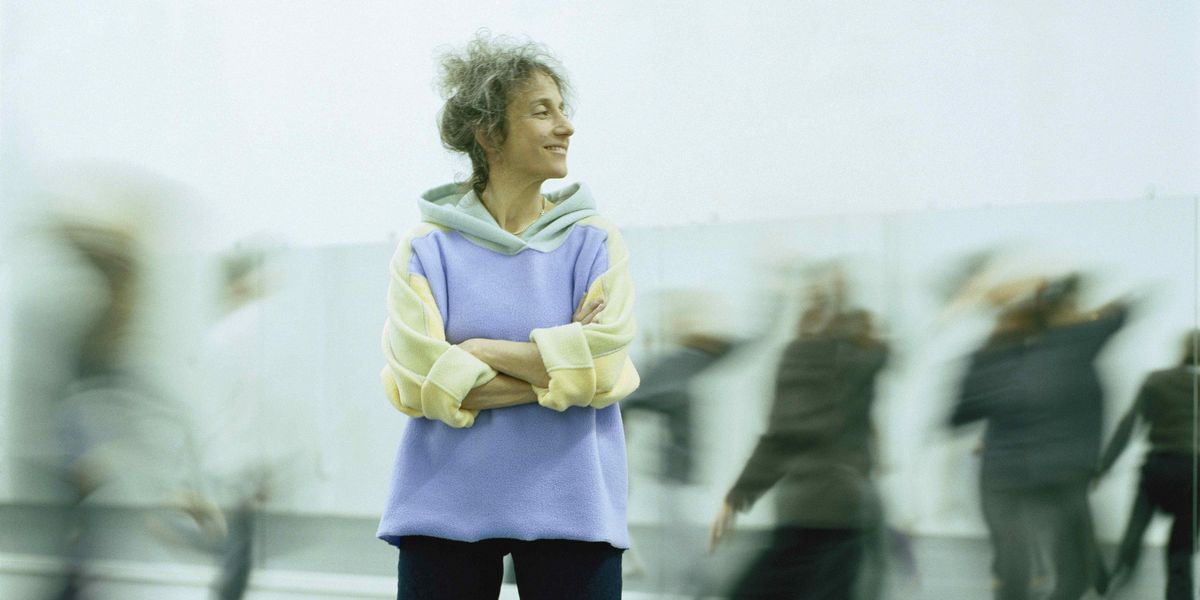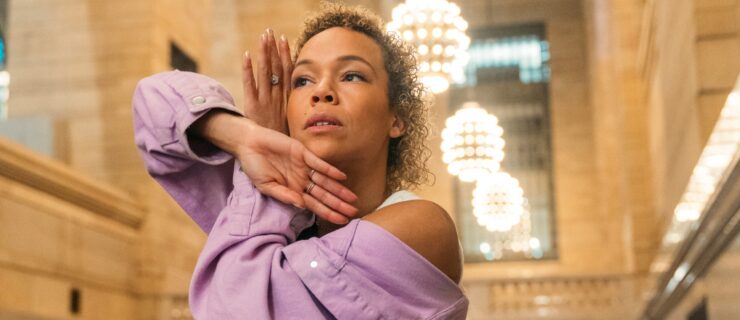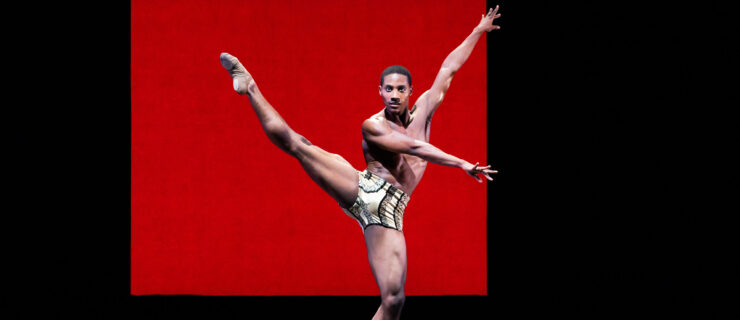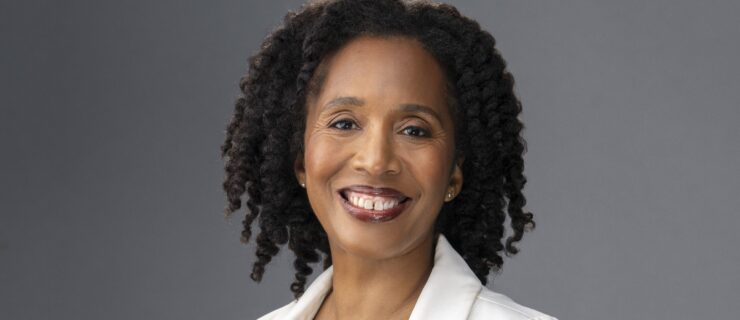We Need Liz Lerman Now More Than Ever
In these times that are scary for artists and immigrants, it’s good to be reminded that dance does not have to ignore politics. Maybe that’s why more than one organization recently decided to honor Liz Lerman, an American choreographer known for working toward issues of social justice. This summer Lerman will receive both the Jacob’s Pillow Award (a $25,000 prize) and American Dance Festival’s Distinguished Teaching Award.
As Editor in Chief Jennifer Stahl pointed out the day after last fall’s presidential election, dance has a long history of responding to social issues, and Lerman is part of that history.
At a time when dance artists are seeking ways to engage in the questions of the day, Lerman provides a roadmap. Passionate about issues of social justice, she’s found ways to incorporate social issues, from poverty to environmental protection, into her dances. These are not simple “message” dances but fully layered works that care about craft as much as statement.
One of Lerman’s persistent questions is, Who gets to dance? She founded Liz Lerman’s Dance Exchange in 1976 to explore this and other questions. Six years ago she left the company to spend more time on freelance projects. (The Dance Exchange, as it is now called, is still going strong.)
She has activated a wide range of populations toward movement, including senior citizens, ship builders, construction workers, clergy members and classical musicians. For each project she engages different communities with a different purpose. In a press release, Jacob’s Pillow director Pamela Tatge said about Lerman, “She has paved the way for a whole generation of dance makers to discover the power of social change through community engagement.”
Last year Lerman was named the first Institute Professor at the Herberger Institute for Design and the Arts at Arizona State University, where she focuses on creative research, connecting dance to physics, history and other areas. One of Lerman’s guiding ideas, as expressed in an ASU promotional video, is: “Turn discomfort to inquiry.” It’s challenging advice, but useful—and inspiring—for dance artists who don’t want to separate their art from their response to what’s going on in our government. What she calls “art at work” is art, or dance, helping to bring crucial social issues into daily lives. As Leah Cox, dean of ADF, says, “Lerman teaches people how dance operates as a way of understanding the world.”




